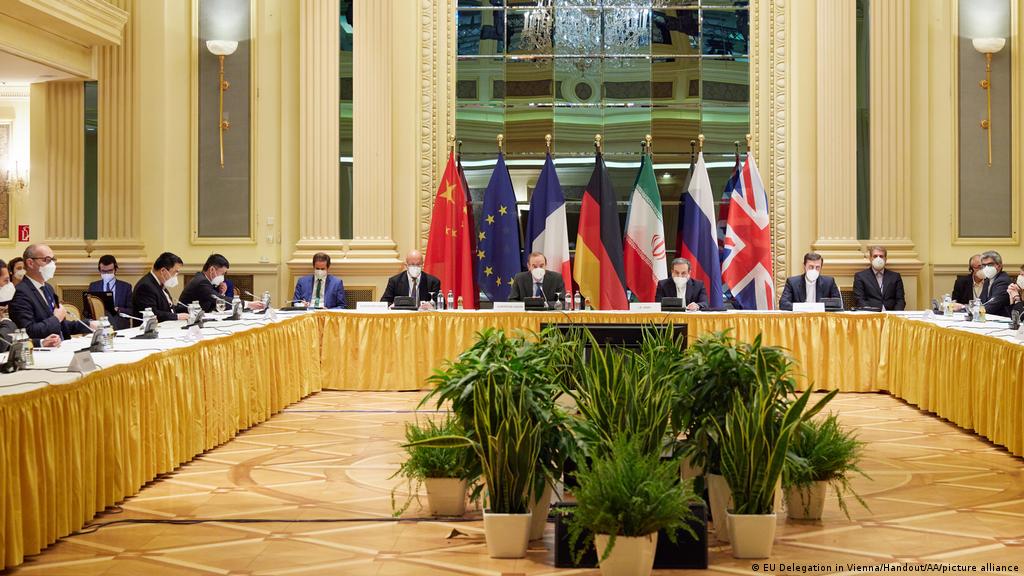According to R.Takeyh
The reason why the talks stalled is not entirely clear. Leading negotiators from France, Germany and the UK have indicated that the main hurdle is Russia's demand that its trade with Iran be exempt from the new sanctions imposed on Russia in recent months. However, Iranian officials insist that the reason for the delay is the US unwillingness to lift sanctions. Ali Shamkhani, secretary of Iran's Supreme National Security Council, tweeted on March 10 that "the prospect of an agreement at the Vienna talks remains unclear due to Washington's delay in making a political decision."
It is possible that Russia is the main reason for the delay and that Iranian officials are reluctant to publicly blame it, but Russian demands are unlikely to prevent an agreement from being reached, although they may delay it. Under the deal, first struck in 2015, Russia received excess enriched uranium from Iran and supplied nuclear fuel to the Iranian nuclear power plant in Bushehr. This role was to be renewed under the new nuclear deal.
Russian actions in Ukraine have sharpened divisions within Iran. Supreme Leader Ali Khamenei categorically blamed the US for everything. In a televised speech on March 1, Khamenei said: “By intervening in Ukraine, causing color revolutions and overthrowing one government and putting another in power, the United States dragged Ukraine into this situation.” Iran's leading right-wing newspaper Kayhan wrote in an editorial: "Ukraine jumped into a well, trusting in a rotten American rope."
More moderate politicians, sidelined by the conservative consolidation of power, offered a different version. Former parliamentarian Ali Motahari tweeted that "Iran should demonstrate its independence by condemning Russia's attack on Ukraine."
Relations between Iran and Russia have always been an alliance of convenience, not an alliance based on shared values. They cooperated in the war in Syria, but during the decade of nuclear negotiations, Russia supported Western sanctions on Iran and various UN Security Council resolutions aimed at preventing Iran from developing nuclear weapons. Russian officials have routinely told their Iranian counterparts that they should not rely on Russia's veto power in the UN Security Council and that they should come to terms with the negotiating countries, the so-called "5+1" group of five permanent members. UN Security Council. Council members (USA, China, France, Russia and UK) and Germany. Let's not forget that Russia was one of the countries that benefited from sanctions against Iran, because they opened additional markets for Russian oil.
Read also:
Ukraine and the new world economic crisis: a view from the USA


